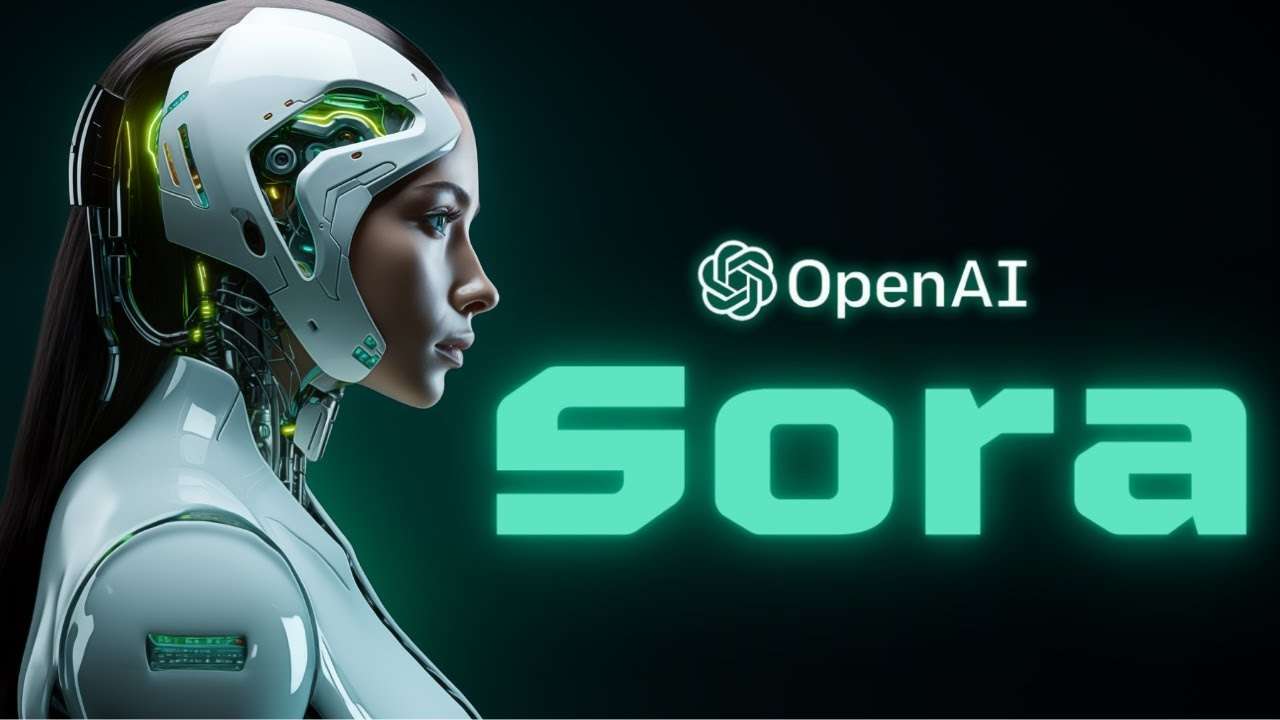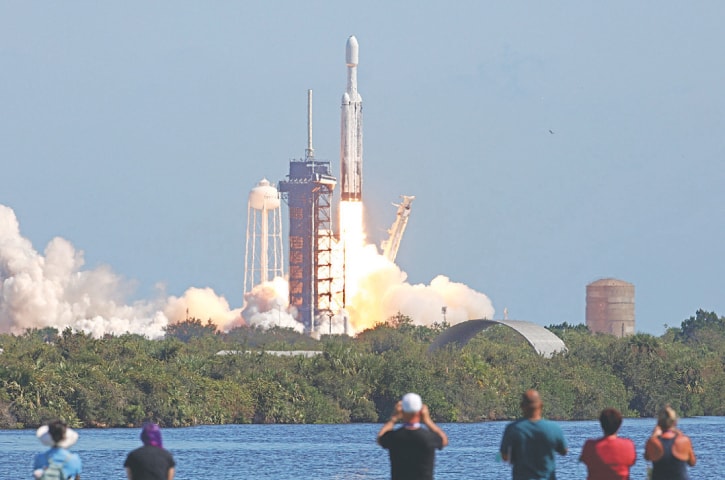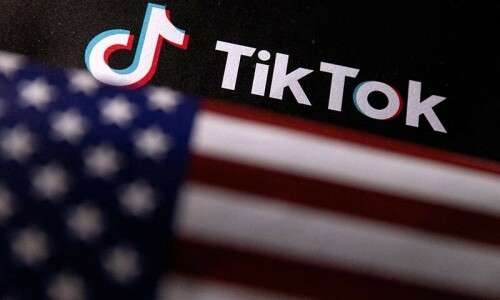In a major twist to OpenAI’s ambitious plans for the future of AI-generated content, a group of artists involved in the beta testing of the company’s Sora model has leaked the AI tool, citing concerns over exploitation. The leak has sparked a heated debate over the use of creative labor in the development of AI tools, with many claiming that OpenAI has taken advantage of their contributions without fair compensation. This article explores the controversy surrounding Sora, the leak, and the key issues that have emerged from this protest by the artists involved.
Introduction: OpenAI’s Sora and Its Promising Beginnings
In February, OpenAI revealed its ambitious new AI model, Sora, designed to generate high-quality videos from text descriptions. This announcement sent shockwaves through both the creative and tech communities, with many eagerly anticipating how Sora could revolutionize video production, digital art, and content creation at large. However, as months went by without substantial updates, tensions began to rise among those involved in its development.
The Sora Model: What Is It?
Sora is a cutting-edge text-to-video AI model that promises to generate realistic videos from textual prompts, enabling creators to easily produce high-quality video content. At its core, the model uses natural language processing (NLP) and advanced deep learning algorithms to translate written text into visual storytelling. Its potential applications range from movie production to educational content, and its ability to simplify video creation is one of its most enticing features.
Despite the excitement, OpenAI’s progress with Sora has been slower than expected, with delays and limited public access to the tool. This lack of transparency, coupled with the recent leak, has drawn attention to some serious ethical concerns.
The Leak: A Bold Protest Against OpenAI
On a Tuesday in late September, a group of beta testers involved in the development of Sora made headlines by leaking the model on Hugging Face, a platform where AI models are shared and distributed. This leak allowed the public to access a functioning version of Sora, providing a glimpse into the AI’s capabilities before OpenAI was able to remove it from the platform.
The Leaked Model and Its Impact
The leaked version of Sora was fully functional, allowing users to create videos that resembled the official demos previously released by OpenAI. The leak quickly spread across social media and online forums, raising questions about the ethicality of OpenAI’s actions and the responsibilities of companies in the AI space.
As the leak gained traction, the group of artists behind the leak published a strongly worded open letter to OpenAI, accusing the company of exploiting their labor without fair compensation. The letter expressed frustration over the way OpenAI had framed its collaboration with the artists, accusing the company of using their work for marketing purposes while offering little in return.
Concerns Raised by the Artists
In their open letter, the protesting artists outlined a number of grievances against OpenAI, accusing the company of exploiting their contributions under the guise of collaboration. The key concerns included:
1. Lack of Fair Compensation
The artists claimed that while they were promised a role as early testers and creative partners, they were never compensated for their time or contributions. They accused OpenAI of using their unpaid labor to boost the company’s public image without offering proper recognition or financial reward.
2. “Art Washing” and Misrepresentation
The artists expressed their belief that OpenAI was engaged in “art washing”—a term used to describe the practice of exploiting artists to falsely portray a product as being embraced by the creative community. According to the letter, OpenAI was using the involvement of these artists to make it appear that Sora was a tool developed in close collaboration with the artistic community, despite the lack of meaningful engagement or compensation.
3. Restrictions on Creative Freedom
Another major concern raised by the artists was OpenAI’s strict content approval process. They claimed that every video generated using Sora had to be approved by OpenAI before it could be shared publicly. This, the artists argued, stifled creative freedom and prevented genuine feedback from flowing freely.
In their letter, the artists emphasized that their protest was not against AI technology itself but against the way the artist program was being managed and the way Sora was being shaped in development.
OpenAI’s Response to the Leak
In response to the leak and the open letter, OpenAI issued a statement, distancing itself from the accusations and defending its approach to the development of Sora. According to a spokesperson, Niko Felix, the company emphasized the voluntary nature of its research preview program and clarified that artists were not being coerced into participation.
OpenAI’s Defense of the Sora Program
OpenAI stressed that Sora is still in the research preview phase, and that the company had worked with hundreds of artists in its alpha program to shape the model’s features and safety measures. The company also highlighted that participation in the program had been voluntary and that artists had been offered various forms of support, including free access to the tool, grants, and events.
However, despite these assurances, the controversy surrounding the leak and the accusations of exploitation remain unresolved.
Delays in Sora’s Public Launch
Originally, Sora was expected to be released by the end of the year, but delays have pushed back its official launch. According to Mira Murati, OpenAI’s former CTO, the launch would only happen when the company felt confident in the model’s potential societal impact. Issues such as election manipulation and impersonation risks have raised concerns about how Sora could be misused, leading to further delays.
In a Reddit AMA, Kevin Weil, OpenAI’s Chief Product Officer, explained that scaling computational resources and refining safety measures were among the key reasons for the delay.
The Ethical Debate: The Future of Sora
As Sora moves toward its eventual release, the questions surrounding the tool’s ethical implications remain central to its development. The leak and the artists’ protest highlight the tension between the desire for rapid innovation and the need for ethical accountability in the use of AI technology.
What’s Next for Sora?
As OpenAI works to address the concerns raised by the artists, it remains to be seen how the company will handle the future development and eventual release of Sora. The balance between artistic collaboration, technological advancement, and ethical considerations will be crucial in determining how the tool is received by both creators and the public at large.
Key Takeaways:
- OpenAI’s Sora model has been leaked by a group of beta testers who claim the company exploited their contributions.
- The protesting artists argue that OpenAI used their labor for marketing purposes without fair compensation.
- OpenAI maintains that the participation was voluntary and emphasizes its commitment to safety and ethical use of AI.
- Delays in Sora’s release highlight concerns over its societal impact and scaling challenges.
Frequently Asked Questions (FAQs)
1. What is the Sora model?
Sora is a text-to-video AI model developed by OpenAI that can generate high-quality videos based on textual descriptions, offering a new way to create video content using natural language processing.
2. Why did the artists protest against OpenAI?
The artists protested because they felt that OpenAI exploited their contributions without fair compensation, using their work to improve the company’s public image and promote Sora.
3. How did the artists leak the Sora model?
The artists leaked a working version of Sora on Hugging Face, a platform for sharing AI models. This allowed the public to experiment with the tool before OpenAI intervened.
4. What does OpenAI say about the accusations?
OpenAI defended its program, stating that participation was voluntary and that they had provided artists with free access, grants, and events as part of the development process.
5. When will Sora be publicly released?
Sora was initially expected to be released by the end of the year, but due to ethical concerns and scaling challenges, its public launch has been delayed.
SEE ALSO:



